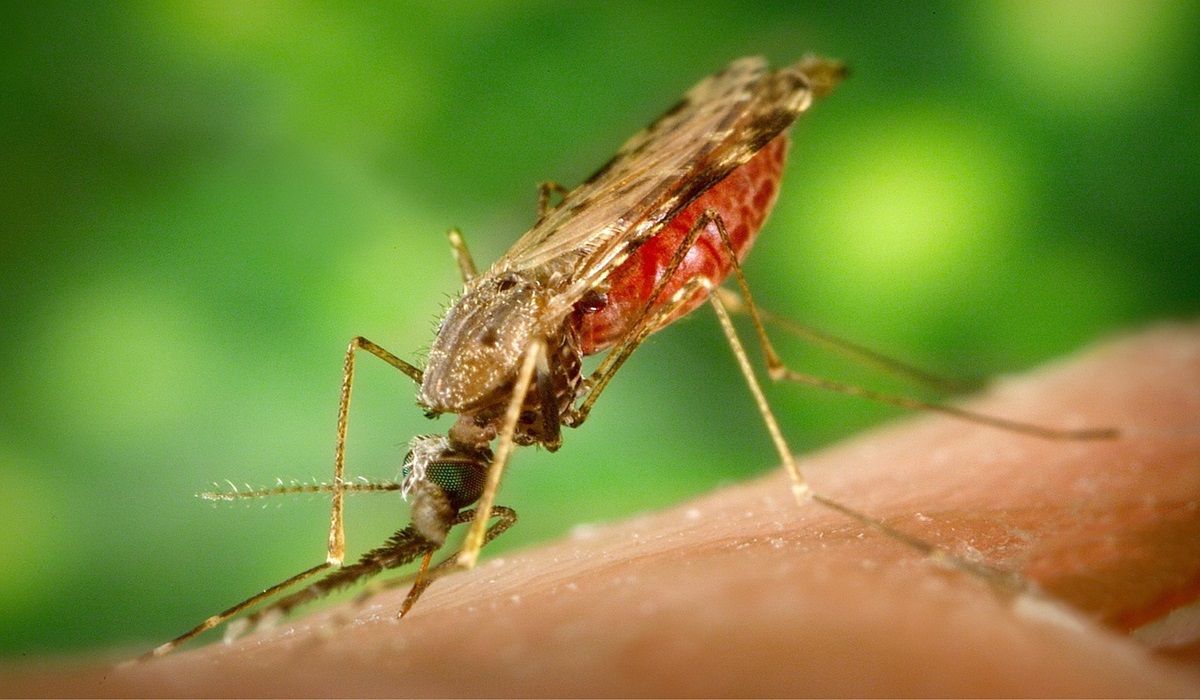Image Credit, Oberholster Venita
WHO’s Global Malaria Programme has unveiled a new operational strategy aimed at reshaping the fight against malaria, with a comprehensive plan extending to 2030. The strategy, released ahead of World Malaria Day, delineates priorities and core activities crucial for altering the course of malaria trends and attaining global targets in the battle against the disease.
The report identifies four strategic objectives to concentrate WHO’s efforts on. These include establishing norms and standards, fostering innovation and the introduction of new tools, leveraging strategic information for maximum impact, and assuming technical leadership in the global response to malaria.
Despite previous strides, recent years have witnessed a stagnation in progress towards the critical targets outlined in the WHO Global Technical Strategy for Malaria 2016-2030, particularly in regions burdened heavily by the disease. Shockingly, in 2022 alone, the globe recorded an estimated 608,000 malaria-related fatalities and 249 million new cases of malaria, with a disproportionate toll exacted on young children across Africa.
The persistence of millions of individuals being deprived of essential malaria prevention, detection, and treatment services underscores the urgent need for a paradigm shift across the entire malaria landscape. This shift, as emphasized by Dr. Daniel Ngamije, Director of the Global Malaria Programme, must address the underlying causes of the disease while prioritizing accessibility, efficiency, sustainability, equity, and integration.
Central to the operational strategy are four strategic objectives:
Firstly, the development and dissemination of norms and standards serve as a pivotal cornerstone in translating evidence into actionable strategies, ensuring a unified technical vision and strategic direction among countries and partners.
Secondly, stimulating the development and timely introduction of new tools and innovations is crucial to augmenting existing progress and counteracting emerging threats posed by the disease.
Thirdly, the promotion of strategic information for impact, through monitoring, evaluating, and reporting on malaria trends, is vital in informing decision-making processes at various levels and identifying populations at risk of missing out on essential interventions.
Lastly, providing technical leadership in the global malaria response entails WHO’s pivotal role in convening stakeholders, advocating for priority activities, and empowering communities to access quality health services.
The new operational strategy operates under three equity-oriented principles:
Firstly, it emphasizes country ownership and leadership, advocating for a holistic approach led by countries themselves, with adequate investment and a multisectoral response.
Secondly, it underscores the importance of resilient health systems, which are essential for delivering effective malaria services and responding to emerging needs.
Lastly, it highlights the principle of equity in access to quality health services, ensuring that vulnerable populations have equal access to malaria interventions and information.
This year’s World Malaria Day theme, “Accelerating the fight against malaria for a more equitable world,” underscores the importance of equity in access to malaria services. It echoes the sentiments of the Yaoundé Declaration, signed by African Ministers of Health in March 2024, which commits to ensuring consistent access to appropriate tools for all populations at risk of malaria, even in hard-to-reach and conflict-affected areas.









